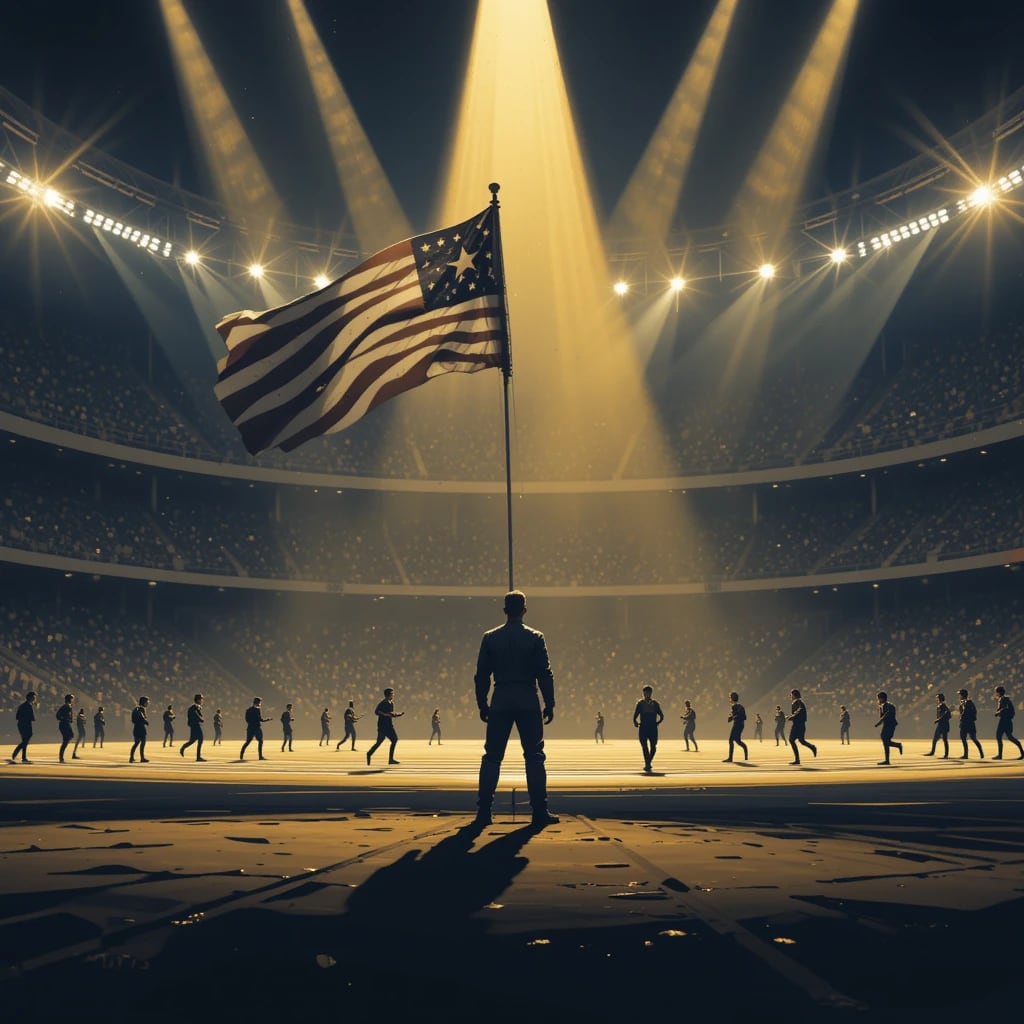For nearly a decade, the Invictus Games stood as Prince Harry’s proudest achievement — a competition born from his own military experience, designed to honor wounded veterans, and celebrated worldwide as a stage for resilience and healing. It was the one project that seemed untouchable, even as his relationship with the royal family collapsed and headlines turned against him. Invictus was different. It wasn’t about palaces, crowns, or protocol. It was about courage, survival, and human dignity.
But today, even Invictus is caught in the storm.
Earlier this year, Harry reportedly reached out to Buckingham Palace with a formal request: would King Charles and Prince William join him at the 2027 Invictus Games? On paper, it sounded like an olive branch. A gesture of unity, framed not around royal politics but around veterans who had given everything in service. For Harry, it may have been a chance to show the world that family divisions could be set aside for something bigger.
The answer came swiftly — and it was absolute. Both Charles and William declined, without hesitation, without soft words, and without compromise.
For the King, the decision was constitutional. Charles sees his role through the lens of history and preservation. To welcome Harry back, without any public reconciliation or repentance, would risk sending the wrong message: that the monarchy could be undermined, criticized in memoirs, mocked on global television, and still provide a royal platform afterward. At a time when the crown faces constant questions of relevance, Charles chose discipline over compassion.
For William, the refusal was far more personal. Their rift, years in the making, has hardened into something closer to permanence. To William, Harry’s outreach through Invictus looked less like reconciliation and more like performance — a staged photo opportunity that would blur the reality of deep betrayal. The Oprah interview, the Netflix series, the memoir Spare — each wound still lingers. To appear side by side at Invictus would, in William’s view, minimize the very pain Harry himself created. His message was clear: no staged unity, no symbolic forgiveness. Not now, not here.
The impact of that rejection has rippled far beyond palace walls.
For veterans and donors who once championed Harry’s mission, there is a growing unease. Invictus was never supposed to be a stage for royal drama. It was meant for fighters who survived the unthinkable, for families rebuilding after loss, for stories of recovery and determination. Yet, the headlines now focus less on athletes and more on palace politics. Instead of seeing a soldier running again on prosthetic legs, the public reads about Harry’s feud with his brother. Instead of spotlighting resilience, the press lingers on rejection.
Sponsors, too, are watching closely. Brands that once proudly stood alongside Invictus are said to be asking difficult questions. No company wants its logo tied to controversy. They want uplifting stories, not endless royal debates. For years, Invictus provided exactly that — a celebration of dignity and hope. Now, some wonder if the Games can survive the shadow of constant drama.
Behind closed doors, there are even whispers inside the Invictus Foundation. Could the Games evolve beyond Harry’s personal leadership? Could a board-driven model take the pressure off one man whose life is now inextricably linked to conflict and scrutiny? For an event that has always felt sacred to veterans, these are heavy questions. But they are questions being asked nonetheless.
The irony is heartbreaking. Harry once brought authenticity to Invictus precisely because he wasn’t acting as a royal figure. He was a veteran himself, someone who had served, who understood loss, and who spoke to warriors as a brother in arms. That was the magic that made Invictus more than just another charity project. It was personal. It was real.
Yet today, the focus has shifted. The founder is no longer just a fellow soldier; he is the central character in a long-running royal drama. And that spotlight, however uninvited, risks overshadowing the mission.
Still, it would be unfair to suggest that Invictus is finished. The Games remain powerful. Competitors continue to inspire. Families still rally, and communities still heal. What hangs in the balance is Harry’s place within it. Can he separate his legacy as founder from the controversies that follow him? Or will Invictus eventually have to stand without him in order to survive?
One thing is certain: the rejection from his family wasn’t just a private slight. It was a message — to donors, to veterans, and to the world — that Harry’s path back to unity remains blocked. The Games, once his sanctuary, are now at risk of becoming collateral damage in a feud that shows no signs of resolution.
Invictus was created to remind the world that broken doesn’t mean defeated. That spirit still lives in its athletes. The question now is whether its founder can find the same resilience — or whether the Games will, in the end, outgrow the prince who gave them life.
